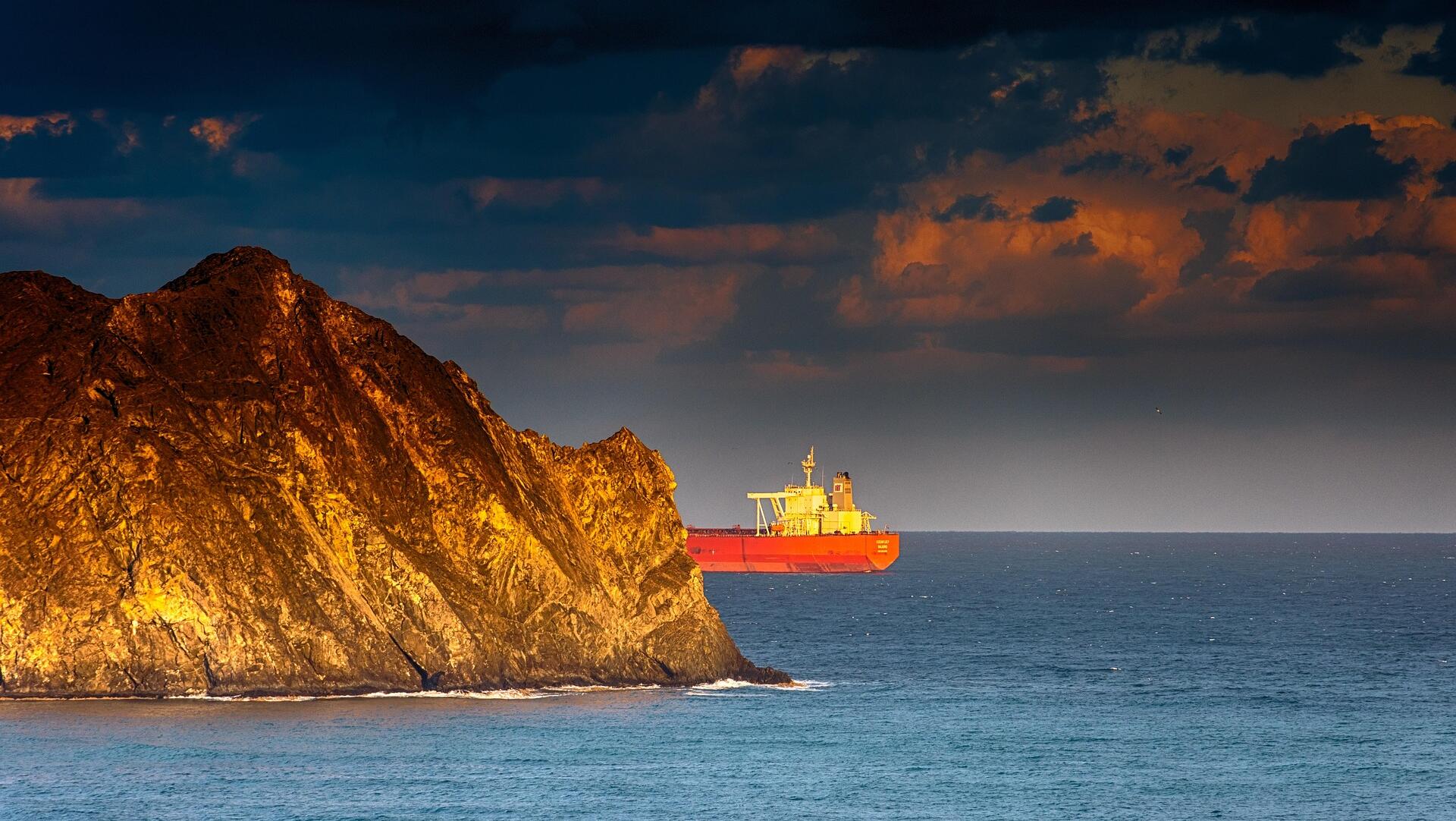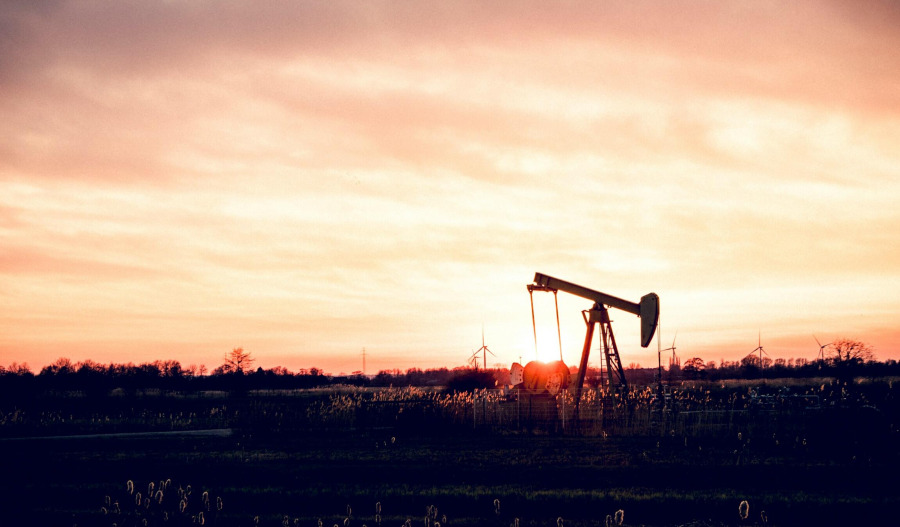Believe it or not, you’re potentially refuelling your car with oil from Russia, which due to some fancy footwork in India, is slipping through a crack within Australia’s ban on importing oil from Putin’s dictatorship.
Despite joining the EU in prohibiting the import of oil, refined petroleum products, natural gas, coal and other energy products from Russia in April 2022, you may be shocked to find out that three years on Australia has been exposed as one of the world’s single biggest such buyers of Russian oil.
Australia has found itself in this predicament due to a loophole that allowed the importation of blended oil, which surprise surprise not only contains traces of Russian oil but plenty of it.
In an attempt to damage the Kremlin’s war machine, the EU addressed this loophole last week.
“We’re going after 105 more shadow fleet ships, their enablers, and limiting Russian banks’ access to funding,” noted EU foreign policy chief Kaja Kallas.
Meanwhile, Australia has not moved in lockstep and now appears to have been left behind with the Australian government struggling to explain what they’re going to do about it.
Meanwhile, China and Turkiye have resisted pressure to apply sanctions and continue to import Russian oil.
The ‘old-blending’ trick
Blending is by no means the exclusive preserve of the oil sector, a lot of industries do it, none the least being Australia’s iron ore and coal that have been blended for years.
Other more sneaky examples of blending include the Kiwis who years ago managed to get around the export ban on butter into the U.S. by exporting croissants – that have high butter content - instead.
So how exactly is Russian oil still finding its way into Australia, despite it being banned?
What happens is that oil leaves Russia’s ports destined for its BRICS trading bloc ally India, where it’s blended with other oil before being exported to global markets.
It’s understood that 93% of the oil we receive from India comes via the Jamnagar refinery where the Russian component (in this case crude oil) comprises a whopping 50% of its raw material.
According to anti-Russian oil trade campaigner Mark Corrigan, while crude oil supplied by the Kremlin-controlled oil and gas company Rosneft, has been sanctioned by the Australian government, the fine art of sanitising oil remains alive and kicking.
In other words, Australia does not currently have laws preventing Rosneft products entering the country via a refinery in a third country.
Is this sheer convenience, an oversight, or simply political ineptitude by the Australian government..?
More - not less
To make matters worse, these are by no means one-off situations.
Since the G7+ embargo and price cap on Russian oil products (5 February 2023) till the end of June 2025, Australia has imported US$6.4 billion of oil products from three refineries in India using Russian crude.
Based on the Centre for Research on Energy and Clean Air (CREA) analysis, US$2.5 billion (3.2 million tonnes) of these oil products are estimated to have been refined from Russian crude.
To put that figure in context, it’s twice the value (US$1.09 billion) Australia has sent in military and humanitarian aid to Ukraine since the start of the full-scale invasion until April 2025.
With Australia’s imports from Jamnagar increasing 31% year-on-year in the first half of 2025 - with total imports in the first half of 2025 virtually equalling total imports in 2023 – the Australian government has lots of explaining to do.
Equally incriminating for the Albanese government is the realisation that an estimated US$2.3 billion of Russian crude - used to create oil products for Australia – has resulted in an estimated US$1.3 billion in tax revenues to help the Kremlin prop up a war that we as a nation have officially condemned.
Possible solutions
Given that Australia’s imports of diesel from these refineries only constitute 12% of our total diesel imports in 2024, CREA argues that a full ban on imports from these refineries will hurt Russian revenues without having any significant inflationary effect on Australia.
Alternatively, to disincentivise the practice of blending, the CREA suggests Australia government policy could require refineries in India to pay a premium for this transport and buyers in Australia to also pay a tariff when importing the products locally.
Interestingly, CREA data also shows that 85% of Australia’s imports from these refineries are transported on vessels owned/insured by G7+ countries.
As a case in point, the ship laden (Seferis) with oil from Russia which docked at a port south of Perth earlier this week sailed under a Greek flag.
It’s understood that diesel from the 250-metre-long tanker will eventually find its way to petrol bowsers across the state.
But the issues stretch well beyond WA. For example two vessels carrying 175,000 tonnes of oil from the Jamnagar refinery berthed at Botany Bay in Sydney early this month.
Political fallout
During the resumption of the federal parliament this week, independent MP Andrew Wilkie put the following question to Defence Minister Richard Marles:
“Why are the loopholes in our sanctions so big you can drive a tanker through them?"
Marles gave the following reply:
"Sanctions are an important part of what we are putting in place to stand with Ukraine," he told parliament.
"At the NATO summit I announced increased sanctions to an additional 44 people and entities ... which now means that in total there are about 1,500 people and entities in Russia which are the subject of Australian sanctions, which sees a significant impact on the Russian economy in areas such as electronic; areas such as energy; such areas such as finance and it is a really important part of what we need to be doing to contest Russia in this.”
Does the Australian government have Ukraine bloods on its hands?
In response to the federal government’s seeming intransigence on the blending saga, the Australian Federation of Ukrainian Organisations (AFUO) has described the cargo arriving in Australia on tankers as "blood oil".
"The flow of profits directly helps fund Russia's brutal war against Ukraine,” said the FUO chair Kateryna Argyrou.
While Argyrou has called on the Albanese government to extend its sanctions to the Indian refineries processing Russian crude, WA mining magnate Andrew Forrest has also waded into the fracas.
Forrest has reminded "Australian mums and dads" of the money they’re [unwittingly] sending back to Vladimir Putin through sanction-avoidance schemes.
Too little too slowly
The Department of Foreign Affairs and Trade has announced Australia's first sanctions against Russia's shadow fleet, to help starve Russia's war machine of oil revenue.
However, DFAT appears to be more interested in pointing the finger at the limited mechanisms needed to track and monitor all energy products - via third countries – than seeking appropriate policy responses.
“…further options were being evaluated to ensure that "Australia does not inadvertently fund Russia's war machine,” said a DFAT spokesperson.
Meantime, Russian oil company Rosneft has described sanctions against Indian refineries as "unjustified and illegal".
"These sanctions are yet another example of [the] extraterritorial implementation of politically motivated restrictions that blatantly violate international law and infringe on the economic interests of a sovereign state," the company said in a statement.
India cites double-standards
The Indian High Commissioner to the UK Vikram Doraiswami has also taken the moral high ground by condemning the West's criticism of India's oil imports from Russia and saying a country can't "switch off its economy".
Doraiswami inferred that it is disingenuous of the west to cry wolf over India's oil imports from Russia when India's European partners are also continuing to buy rare earth and other energy products from the same countries that they're "refusing to let us buy from".
“Don't you think that that seems a little odd?" Doraiswami said.
While India - the world's third-largest oil importer - traditionally sourced its oil from the Middle East, it started importing large volumes from Russia after it began offering steep discounts to attract alternative buyers.
Unsurprisingly, when Russian President Vladimir Putin was asked to explain the country’s newfound chumminess with India, he said the nexus with New Delhi is based on a number of metrics.
"One of these is our long-standing security relationship that goes back to an era in which some of our Western partners wouldn't sell us weapons but would sell them to countries in our neighbourhood that use them only to attack us," the Indian envoy explained.
“India has an "energy relationship" with Russia, which is the result of "everybody else buying energy from sources that we used to buy from earlier".



